On August 11, 1835 in Celtic History
Henry grattan guinness, is born in dún laoghaire, co. dublin
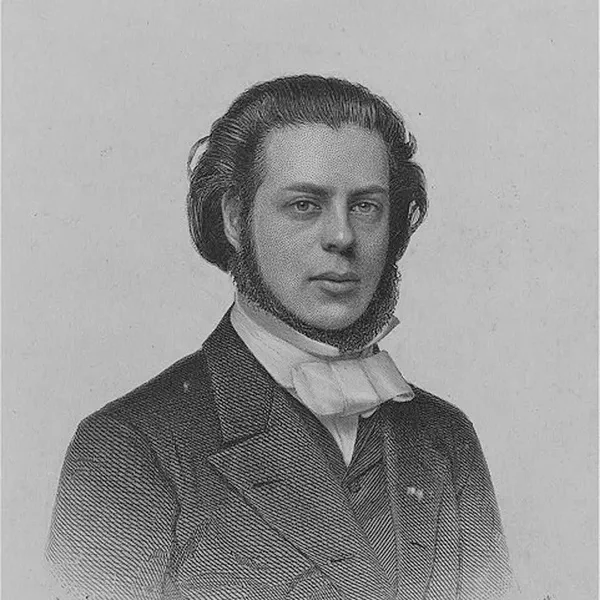
Henry Grattan Guinness, a prominent Irish Protestant evangelist, missionary, and author, was born on August 11, 1835, in Dún Laoghaire, County Dublin, Ireland. He was a significant figure in the 19th-century evangelical movement and is best known for his work in missions and his influence on the development of the Faith Mission and the Regions Beyond Missionary Union.
Early Life and Background
Family and Education: Henry Grattan Guinness was born into a well-known family with strong religious and reformist leanings. He was named after his famous ancestor, Henry Grattan, a leading Irish statesman and supporter of Catholic emancipation. Guinness was raised in a devout Protestant household and was deeply influenced by the evangelical movement of the time.
Conversion and Early Ministry: Guinness experienced a profound religious conversion in his youth, which led him to dedicate his life to Christian ministry. He was particularly inspired by the revivalist preachers of his day and quickly gained a reputation as a dynamic and powerful preacher.
Evangelical Work and Missionary Activities
Preaching Career: Guinness became a well-known evangelist, preaching to large crowds in Ireland, England, and other parts of Europe. His energetic and passionate style of preaching attracted many followers, and he was often compared to earlier revivalist figures like John Wesley and George Whitefield.
Missionary Focus: Beyond his preaching, Guinness was deeply committed to missionary work. He believed in the importance of spreading the Christian gospel to the farthest reaches of the world. In 1873, he founded the East London Institute for Home and Foreign Missions, later known as the Harley College, to train missionaries for service abroad.
Regions Beyond Missionary Union: One of his most lasting contributions was the establishment of the Regions Beyond Missionary Union (RBMU) in 1873. This organization was dedicated to sending missionaries to regions of the world that had not yet been reached by Christianity, particularly in Africa and Asia. The RBMU played a significant role in the global missionary movement of the late 19th and early 20th centuries.
Writings and Influence
Author and Theologian: Guinness was also a prolific writer, authoring numerous books and pamphlets on Christian theology, prophecy, and eschatology (the study of the end times). His writings, such as “Light for the Last Days” and “The Approaching End of the Age,” reflected his deep interest in biblical prophecy and his belief in the imminent return of Christ.
Influence on Evangelicalism: Guinness’s work had a significant impact on the evangelical movement of his time. He was a key figure in promoting the idea of global missions and was influential in the development of several missionary societies. His ideas and teachings inspired a generation of evangelists and missionaries.
Later Life and Legacy
Legacy: Henry Grattan Guinness’s legacy lives on through the organizations he founded and the many missionaries he trained. His emphasis on evangelism, mission work, and the study of biblical prophecy left a lasting mark on the evangelical Christian community.
Family: The Guinness family continued to be involved in religious, social, and business activities. While Henry Grattan Guinness focused on religious work, other members of the Guinness family were prominent in the brewing industry and various philanthropic endeavors.
Death: Henry Grattan Guinness passed away on June 21, 1910. His contributions to the evangelical movement and his pioneering work in missions are still remembered and honored in Christian circles today.
Henry Grattan Guinness’s birth in Dún Laoghaire, County Dublin, marked the beginning of a life dedicated to spreading the Christian faith, training missionaries, and advancing the cause of global evangelism. His influence extended far beyond Ireland, impacting the lives of countless individuals through his preaching, writing, and missionary work.
More From This Day
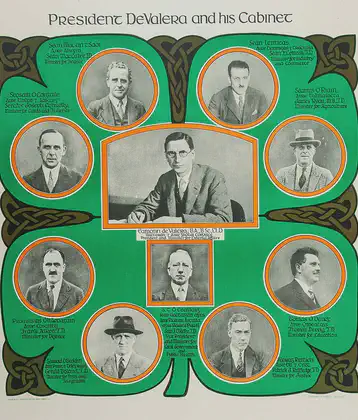
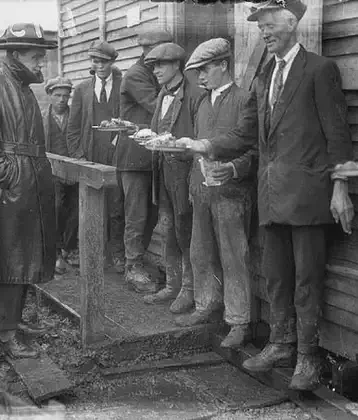
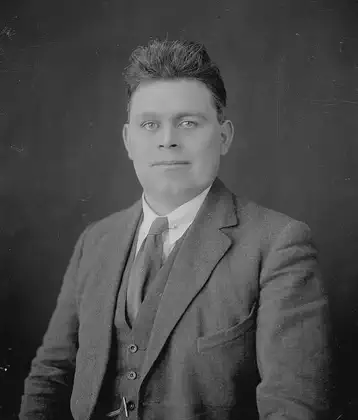
Dan Breen, nationalist revolutionary and politician, is born near Soloheadbeg, Co. Tipperary
August 11, 1894
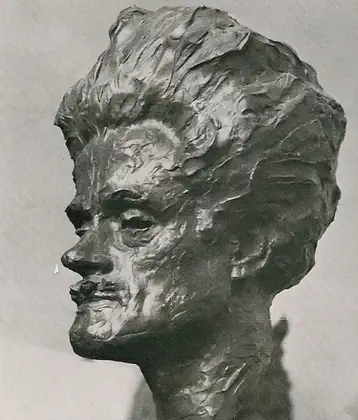
Author and poet C M Grieve (Hugh MacDiarmid) born at Langholm, Dumfriesshire.
August 11, 1892
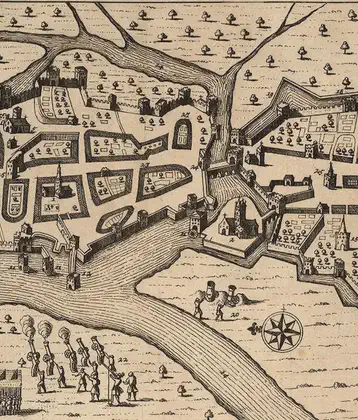

Latin Mass prohibited in Scotland by Parliament as Protestant faith gained the ascendancy.
August 11, 1560

Battle of Dalry, Robert I, attacked and defeated John MacDougall of Lorne, kinsman of John Comyn.
August 11, 1306